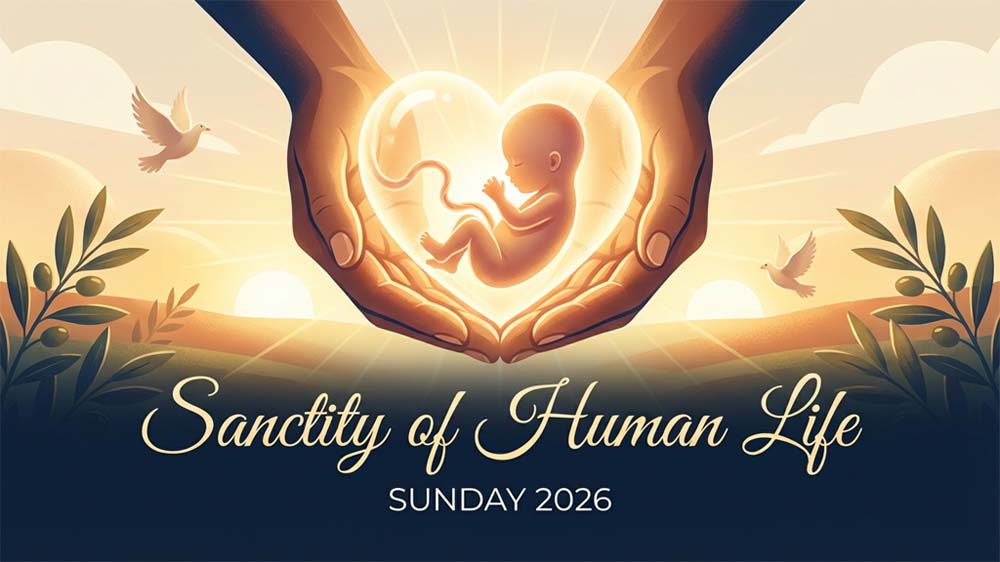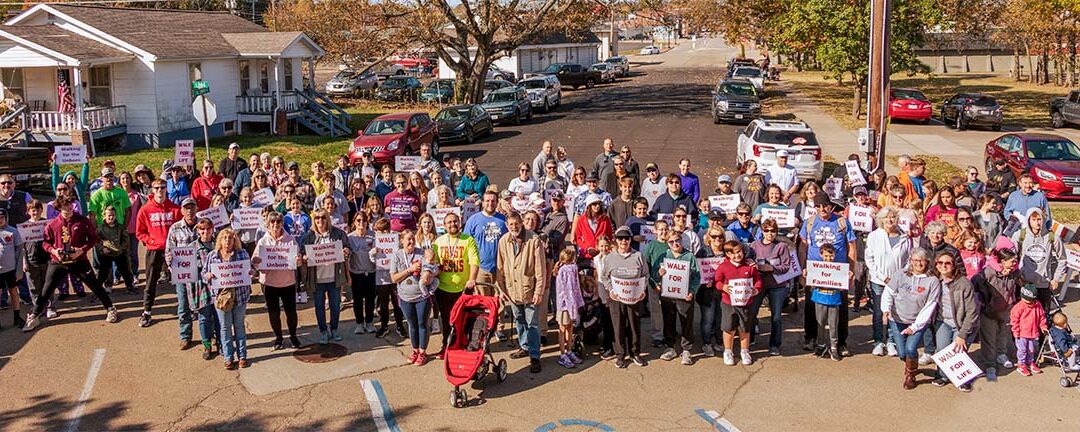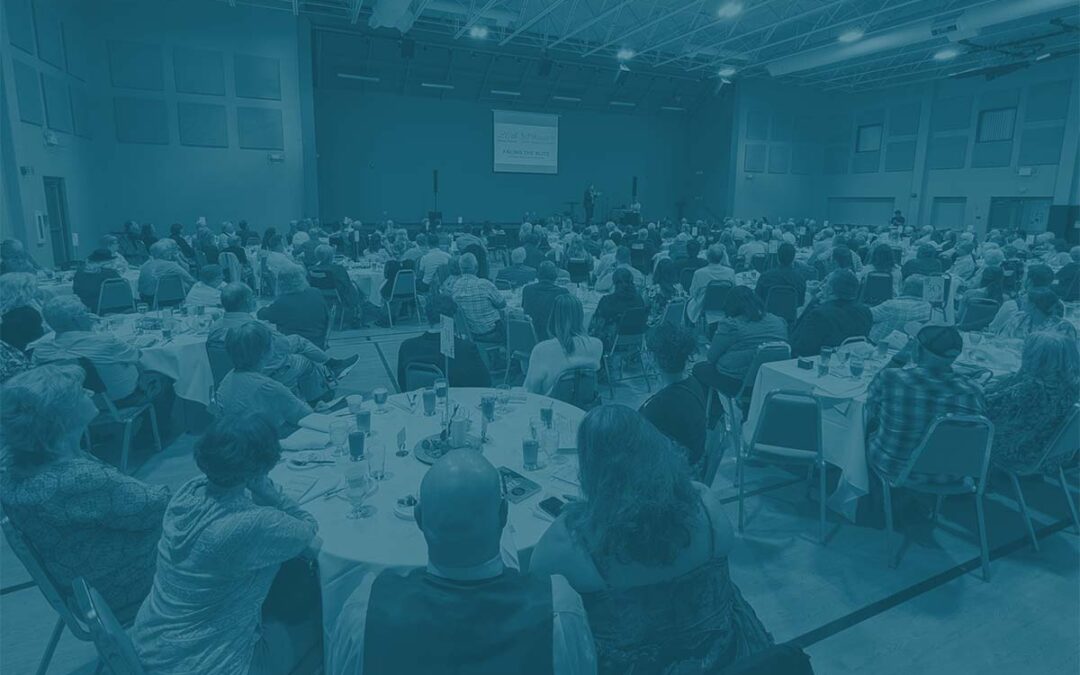
by Peter Schrock | Jan 8, 2026 | Uncategorized
Every Life is a Masterpiece Help Your Congregation Protect It. Partner with Monarch Family Resource Center this Sanctity of Human Life Sunday (January 18th) to stand for the vulnerable in Southeast Missouri. Get Our Resource Pack The Church Faces a Challenge Families...

by Peter Schrock | Aug 13, 2025 | Uncategorized
You Can Save Lives Do your part by becoming Sponsor Why Sponsor? This is an opportunity to strengthen families and save the unborn by helping us raise funds through our Walk for Life event. Only with your support will we be able to accomplish our mission of Saving...

by Beth Warren | May 8, 2025 | Uncategorized
Monarch 5k Run, Bike, &Walk 2025 Date:June 7, 2025 Time:8:45 am Location:Monarch Family Resource Center109 N Main St, Ironton, MO 63650 Running? Biking? Walking? 5k Run and Bike Route Join the Monarch Family Resource Center on Saturday, June 7th for our exciting 5k...

by Peter Schrock | May 2, 2025 | Uncategorized
2025 Banquet Opportunity You Can Make it Happen with Us! You can still give! We had an amazing time at the Banquet and it was a huge success. We were aiming to raise $150,000 and we are so very close. Between underwriters, donors, and pledges we have raised $145,000....

by Peter Schrock | Apr 28, 2025 | Uncategorized
2025 Banquet Thank You You Made it Happen with Us! Thank You Donors! Your support has made our banquet one of the best fundraisers we have ever done. Between donations, underwriters, and pledges we have currently raised about $145K with this event. Also, more money is...

by Becky Laubinger | Jul 25, 2024 | Uncategorized
In the midst of a heated political election year, one of the top five priority issues for both major political parties is abortion. Nothing unusual there. We’ve been debating abortion since before Roe. What is different this year compared to the last roughly fifty...

by Becky Laubinger | May 8, 2024 | Uncategorized
Over the years, as our Center has served many struggling families and individuals, we’ve come to understand the nuances of kindness. There are two distinct forms: one focuses on feelings, and one focuses on actions. Kindness based on feelings seeks to keep people...

by Becky Laubinger | May 8, 2024 | Uncategorized
May is Mental Health Awareness Month. As ads encourage all of us to take stock of our stress levels, priorities, and overall well-being, we encourage women to also assess their mental health as influenced by hormonal birth control. Some women take birth control and...

by Becky Laubinger | May 8, 2024 | Uncategorized
We all know that abortion is a heated issue in our country. For years, protecting preborn life has been a critical plank in the Republican National Convention platform. However, the party is considering removing its strong defense of preborn life from the national...











